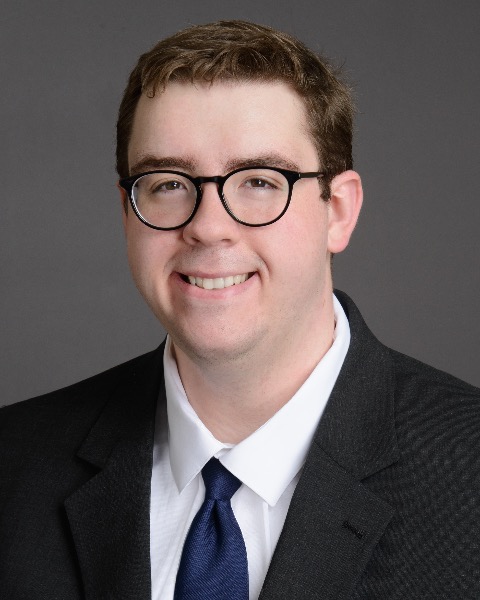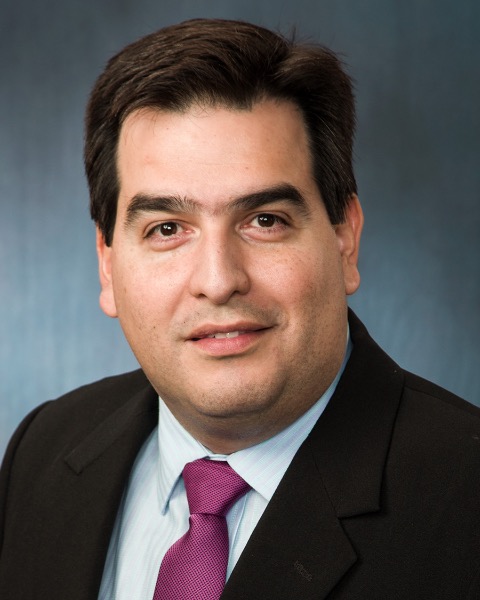VA ECMO as a Bridging Therapy for Refractory Ventricular Tachycardia Secondary to Brugada Syndrome
-

-
SE
Stephanie Erickson, n/a
student
University of Central Florida College of Medicine Orlando,FL, United StatesDisclosure information not submitted.
-
AA
Avni Agrawal, n/a
student
Lake Erie College of Osteopathic Medicine, Bradenton, FL, United StatesDisclosure information not submitted.
-
HW
Huzaifa Wasanwala, n/a
student
University of Central Florida College of Medicine Orlando,FL, United StatesDisclosure information not submitted.
-
MS
Michael Stokes, M.S.
Medical Student
University of Central Florida College of Medicine, Orlando, Fl, United StatesDisclosure information not submitted.
-
WL
William Leeds, D.O.
Doctor of Osteopathic Medicine
Department of Critical Care Medicine. AdventHealth Orlando, Orlando, FL., United StatesDisclosure information not submitted.
-
MO
Manuel Obando, M.D.
Medical Doctor
Department of Critical Care Medicine. AdventHealth Orlando, Orlando, FL., United StatesDisclosure information not submitted.
-

Arnaldo Lopez Ruiz, MD
Critical Care Intensivist
Advent Health
Orlando, Florida, United StatesDisclosure information not submitted.
First Author(s)
Co-Author(s)
Title: VA ECMO as a Bridging Therapy for Refractory Ventricular Tachycardia Secondary to Brugada Syndrome
Case Report Body
Introduction: Brugada Syndrome is a genetic disorder associated with an increased risk for ventricular arrhythmias. Ventricular tachycardia (VT) electrical storm is defined by three or more episodes of VT within 24 hours. Management includes initial resuscitative efforts and treatment of the underlying cause. In Brugada Syndrome, catheter ablation therapy is first-line for recurrent arrhythmia. However, some patients may not be stable enough to transfer for ablative intervention.
Description: A 32-year old female with a history of atrial fibrillation (AF) and Brugada Syndrome with implantable cardioverter defibrillator (ICD) and prior unsuccessful ablation presented to the emergency department (ED) with chest pain. Her initial EKG revealed AF with controlled ventricular rate accompanied by antitachycardia pacing. While in the ED, she had a run of monomorphic VT that was terminated via shock. After admission, the patient received five additional shocks on the floor, and was transferred to the ICU on esmolol, quinidine, and lidocaine. ICD shocks continued to occur overnight. She was intubated and transferred to cardiac ICU for cardiac ablation and ventricular mechanical support. Upon arrival, she was noted to have runs of monomorphic and polymorphic VT with intermittent ventricular fibrillation (VF). She received amiodarone, lidocaine, procainamide, and numerous internal and external shocks. She remained in intermittent refractory VT and VF, requiring cardioversion and chest compressions, and was unstable for transport. CT surgery was consulted to place the patient on extracorporeal membrane oxygenation (ECMO), and performed bedside VA (veno-arterial) ECMO cannulation for cardiopulmonary support. Following ECMO, the patient remained in pulseless VT and was transported to the cath lab where she underwent electrical ablation of the interventricular septum with eradication of Purkinje potentials in the LV and RV septums.
Discussion: Patients in VT or VF require immediate chest compressions and cardioversion. Patients in refractory VT or VF storm may be too unstable to transport for catheter ablation. ECMO is an effective bridging therapy that can be performed at to provide hemodynamic support in Brugada Syndrome-associated refractory VT to stabilize the patient until corrective intervention can be performed.
